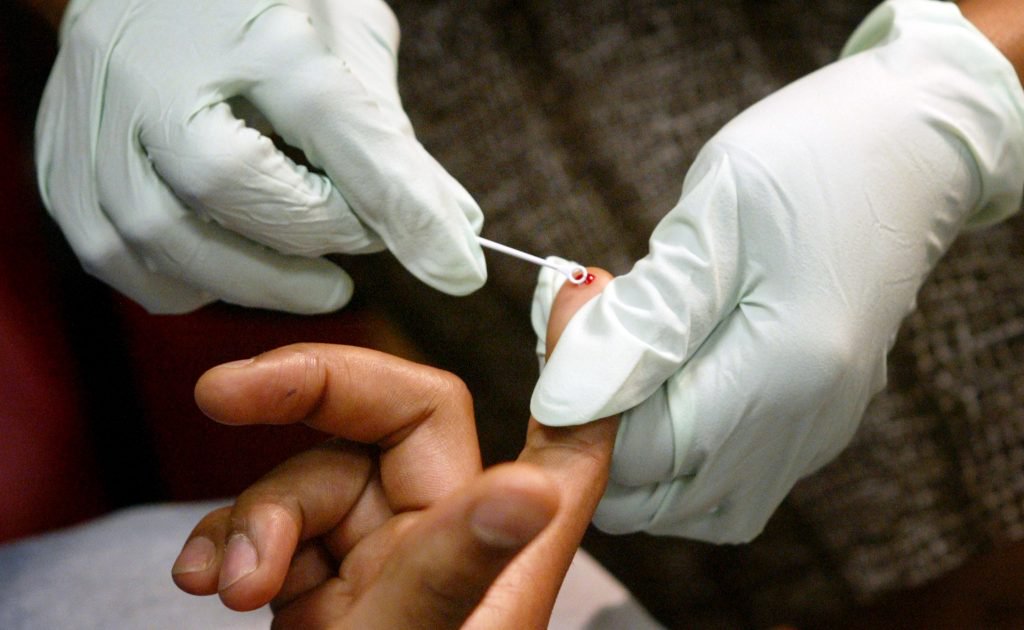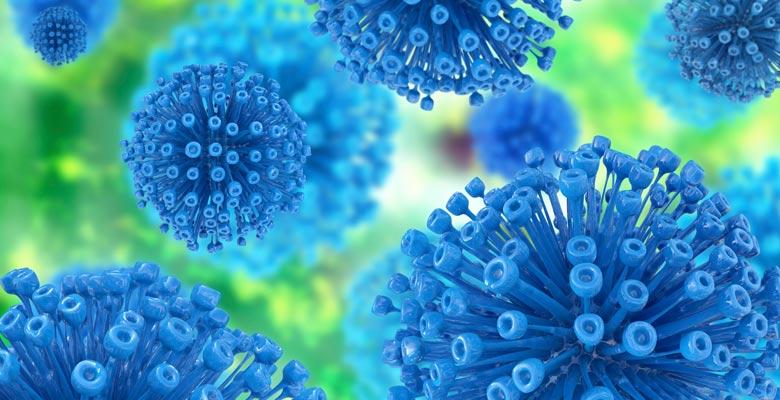HIV diagnoses in gay and bisexual men have seen a 17 per cent drop in 2017
The new data was published by Public Health England and shows the year on year drop
By Steve Brown

HIV diagnoses have dropped by 17 per cent in 2017.
According to new data released by Public Health England, 4,363 people – 3,236 males and 1,125 females – were diagnosed with the virus last year which is a drop from the 5,280 diagnoses from the previous year.
The drop is also 28 per cent less than those diagnosed with the virus back in 2015.
Over the two years, the number of gay and bisexual men diagnosed in London alone has seen a dramatic drop by 41 per cent.
Although there has been a fall in HIV diagnoses, around 42 per cent of people living with the virus were diagnosed late and heterosexual men and those over 65 are most likely to experience a late diagnosis.
Matthew Hodson, Executive Director of HIV information organization NAM, said: “It’s fantastic that we have seen another reduction in HIV diagnoses.
“It shows that when we use all of the resources in our prevention armoury we can reduce infections.

“The dramatic drop in HIV diagnoses, particularly among gay and bisexual men, shows the impact of more HIV testing and faster access to treatment.
“This data also probably reflects the impact that PrEP has had, largely through gay and bisexual men buying it through sites like I Want PrEP Now.
“If more people at risk of HIV were able to get PrEP on the NHS we could achieve even more.
“Late diagnosis remains a problem. Almost a third of gay men and bisexual men are diagnosed with a CD4 count below 350, which increases the risk of illness.
“We also see steeper drops in diagnoses in London, which means it’s likely that men outside of London are being diagnosed later.”
Ian Green, Chief Executive at Terrence Higgins Trust, added: ‘Today’s drop in new HIV diagnoses among some communities in the UK clearly shows we have the tools to end the HIV epidemic in this country.

“But, rather than patting ourselves on the back, we need to redouble our efforts, work harder and get to zero HIV transmissions.
“There is continued progress among some gay and bisexual men, particularly in London, with a 31% fall since 2015.
“This turnaround in one of the groups most affected by HIV shows what can be achieved by utilising everything we’ve got in the fight against HIV.
“That includes the widespread availability of condoms, a range of ways and places to test for HIV, early diagnosis and access to treatment, and increasing the availability of HIV prevention pill PrEP.”
